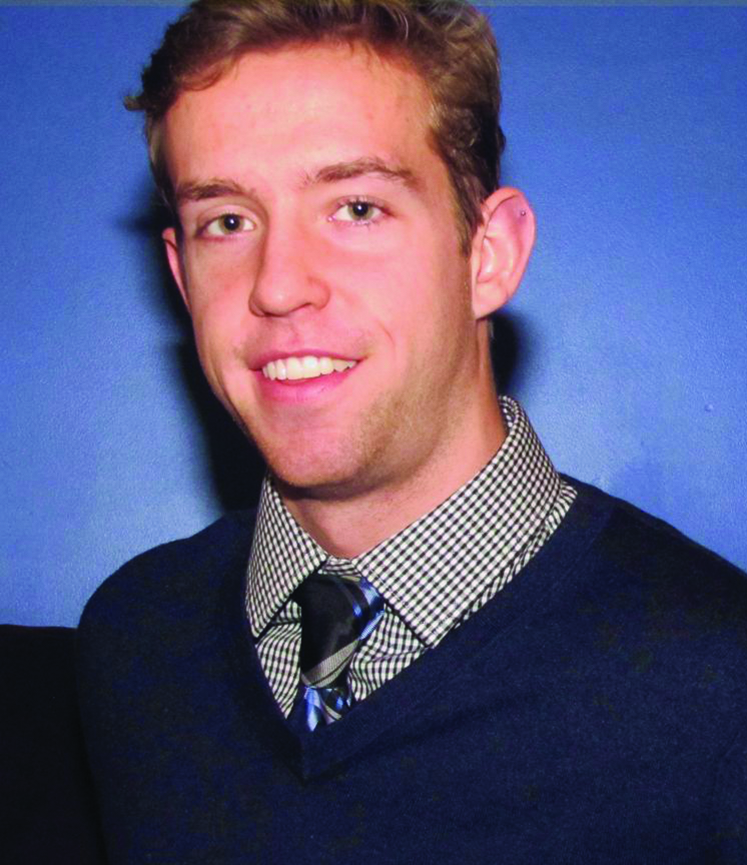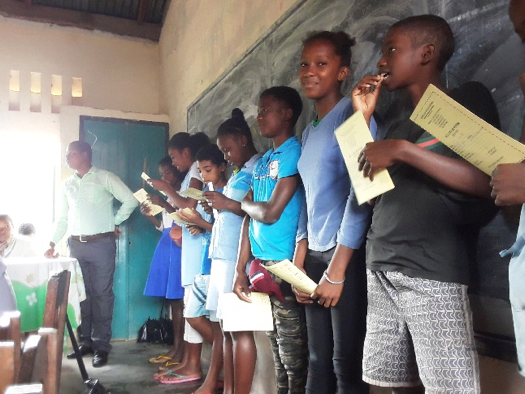Editor’s Note: Nic Stevens was an intern for CARE during his senior year of college in 2018. After graduation, he joined the Peace Corps. and moved to Madagascar. Nic asked to share his journey with financial literacy on our blog and we were happy to oblige. This is part 3 of his story. You read part one of his reflections here and part two of his series here.
Personal Finances and Budgeting
The second goal of the Peace Corps model involves integrating with the community in which you spend two years. This requires studying the language and culture, living in a locally-made house, and living at a financial level similar to locals. I can say from experience that American volunteers struggle with all of these facets of integration.
The financial aspect of life is one that gets less attention, yet presents a considerable challenge. Volunteers receive a monthly stipend to cover all costs of living including food, clothing, transportation, toiletries, communication, and more. In Madagascar, Peace Corps Volunteers are allotted less than $100 USD per month to cover all costs of living. The actual total depends on the fluctuating conversion rate which is currently about $1 USD to 3,700 Malagasy Ariary. While the cost of living here is significantly cheaper than in the United States, living a somewhat American lifestyle (this might involve calling family with Wi-Fi, eating cheese, or leaving town more than once a month) is entirely unsupportable with so little money.
Budgeting has become an invaluable asset for me as I adjust to a new lifestyle. Tracking purchases, allotting fixed sums, and planning when I leave town to find a bank have helped me survive month to month, and even save money to go on otherwise out-of-budget trips around Madagascar. I began to use budgeting apps to track my life and gain an appreciation for the relative costs of products here.
I also had to reevaluate the necessaries and the niceties in life, a process CARE had already taught me, but one which became even more salient here in Madagascar. How often can I call family back in the States? What kind of furniture do I really need in my house? Do I need to pay for a bus, or can I bike 30 kilometers?
This life experience has not only honed my financial tool kit, but 5 added to it. My budgeting is meticulous and my life minimalist. My community has even taught me new strategies to save and budget that I never would have learned in the States. Sharing meals saves money, as does finding food in your own backyard. Hobbies and pastimes can be free, and just as enjoyable. Walking and biking are healthy, as well as free modes of transport. And most importantly, generosity, which is ever-present in my community here, may cost money but has immeasurable benefits.
CARE And Financial Literacy
I have been amazed at how frequently my time at CARE pops into my head all the way in the Southern Hemisphere. It proves just how universally applicable CARE’s mission is to the education and betterment of the lives of students around the world. I owe deep gratitude to CARE for giving me a new lens through which I can look at the problems of everyday life, whether in the US or Madagascar. And where CARE has given me ideas, strategies, and inspiration, my time in Madagascar has tested them, showing me just how practical they are, and even improving them. Kids are everywhere and so is money. If we have any expectation that our students and children handle money intelligently, it is our global responsibility to guide and educate them.
About the Author

Nic is an Education Peace Corps Volunteer. He teaches English to middle school and high school students in the countryside of Eastern Madagascar. Prior to joining Peace Corps, Nic studied International Affairs and Development at George Washington University in Washington DC, where he had the opportunity to intern with CARE for a semester.

